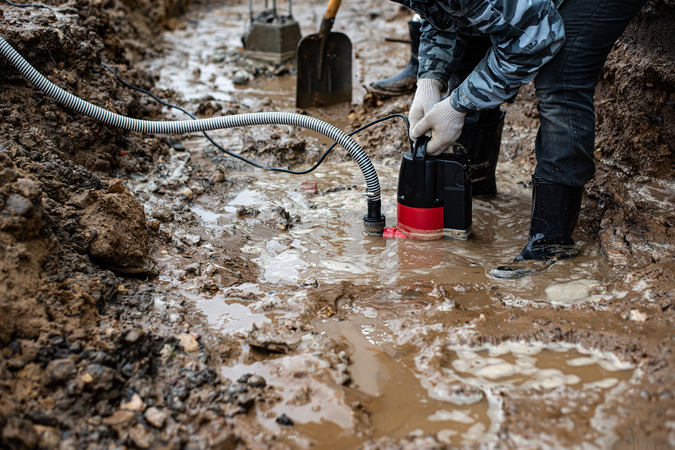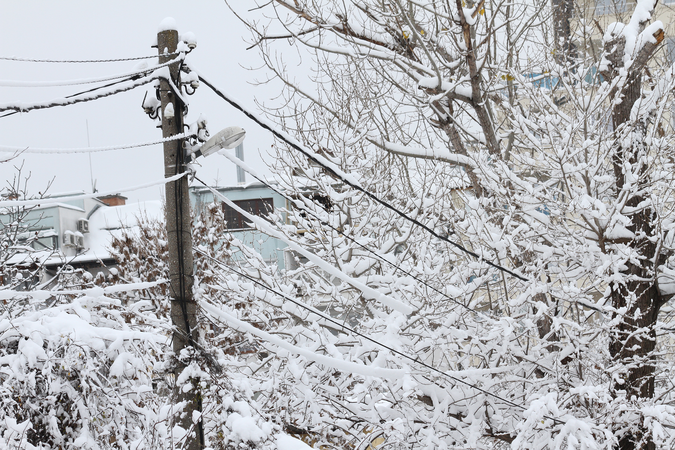Exploring the Local Impacts of Shale Gas Development
During this event, three distinguished scholars discussed their research into the benefits and costs of shale gas development as experienced by local communities.
Event Details
A number of potential impacts from shale gas development have been identified over the past few years. They range from increased job opportunities and revenue generation for state and local jurisdictions, for example, on the positive side, to concerns over surface and groundwater pollution, air quality, public health, increased vehicle congestion and accidents, and more, on the negative side. Ultimately, communities in close proximity to shale development are the most likely to experience such impacts.
On April 10, RFF will host three distinguished scholars researching the benefits and costs of shale gas development as experienced by local communities. Hunt Allcott (New York University) will present his work on boom-and-bust cycles related to oil and gas development; James McElfish (Environmental Law Institute) will examine how impact fees collected in five Pennsylvania counties are being used in the local economy; and Lucija Muehlenbachs (University of Calgary and RFF) will present recent analyses on the impacts of shale gas development on property values and truck traffic and accidents in Pennsylvania.
Moderator
Alan Krupnick, Senior Fellow and Director of RFF’s Center for Energy Economics and Policy
(Download Presentation)
Panelists
Hunt Allcott, Assistant Professor, New York University (Download Presentation)
James M. McElfish, Jr., Senior Attorney and Director, Sustainable Use of Land Program, Environmental Law Institute (Download Presentation)
Lucija Muehlenbachs, Assistant Professor, University of Calgary and Visiting Fellow, RFF
(Download Presentation)





